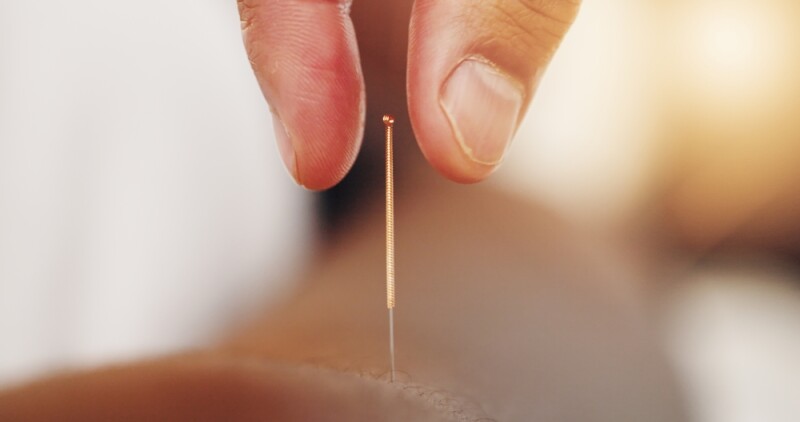Mindfulness possible tool for mothers with opioid use disorder, study says
Participation in a mindfulness-based parenting intervention reduce depression symptoms for mothers in treatment for opioid use disorder, according to a new study by researchers at Thomas Jefferson University in Philadelphia, Pennsylvania and published in the journal Issues in Mental Health Nursing.
As part of the "Practicing Safety Mindfulness Project for Mothers in Drug Treatment,” study funded by the U.S. Department of Health and Human Services, women were recruited who were receiving methadone for opioid use disorder and who were at least 28 weeks pregnant or the mother of a child under three years old. Women could choose to enroll in the intervention program or participate in the control group.
Women in the intervention attended a two-hour mindfulness-based parenting class every week for 12 weeks. Two mindfulness-based stress reduction educators and a therapeutic counselor ran the classes and childcare was provided during the sessions.
In class, women practiced meditation, participated in group discussions, and built skills related to self-care and parenting. They learned communication skills as well as parenting techniques. Educators also helped participants form realistic expectations for the developmental age of their children.
To facilitate at-home practice, participants received an Apple iPod Nano with guided stretching, yoga, relaxation exercises, and meditations. They also received weekly email and text reminders that reinforced the class content.
Participants’ children joined in for three of the classes and engaged in mindful play, according to the study abstract. During these sessions, instructors offered parenting feedback and positive guidance. At the end of the 12 weeks, a celebration recognized participants’ commitment to self-care and healthy parenting.
Women who participated in the intervention reported a decrease in depression symptoms and this decrease was most significant for the mothers who entered the study with moderate to severe depression symptoms, researchers said.
Mindfulness, a kind of meditation practice in which participants reflect on the present moment without judgment, has been shown to decrease stress and anxiety as well as depression in the general population. In other studies, mindfulness also improved depression symptoms in parents of children with autism, parents of children with severe medical needs and parents of challenging adolescents. The practice is thought to facilitate improved wellbeing by focusing on the present, thereby breaking cycles of negative thought brought about by dwelling on the past or worrying about the future, which can lead to stress and anxiety.
Mothers with opioid use disorder face many challenges as they work towards a more stable life for themselves and their children, depression not least among them. But medical interventions for depression can interfere with treatments for opioid addiction.
The results show a mindfulness-based parenting intervention is a practical alternative to pharmaceutical treatment that can alleviate depression symptoms in this population.




















SHARE